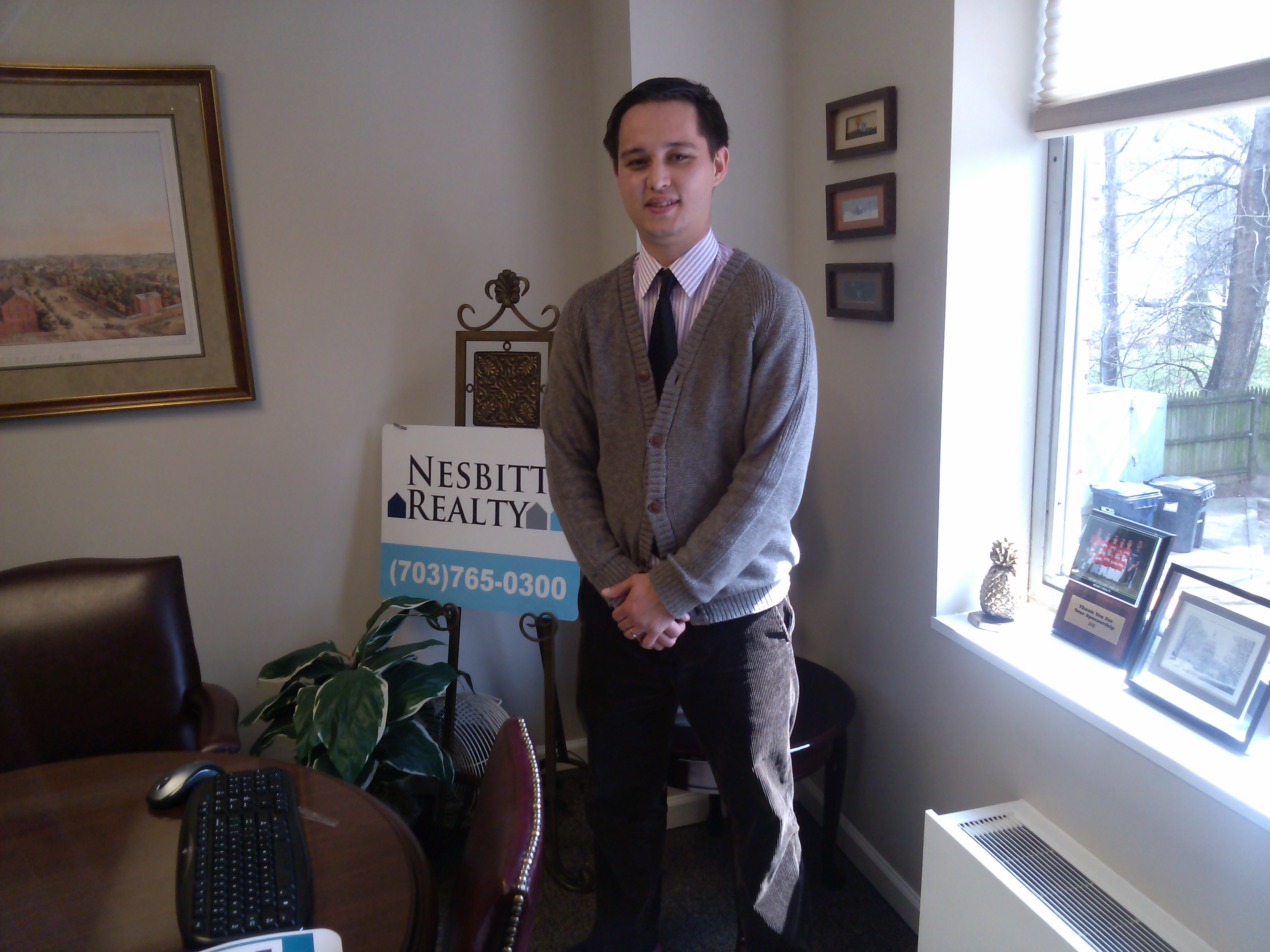You probably already have a financial plan for yourself in place. Most likely you sat down with an advisor at some point to set up a budget and diversify your investments. Or maybe you did it yourself online or at the dining room table. Either way, smart move.
But what about your home specifically, probably the biggest investment you'll ever make in your life? Did you really take everything into account: repairs and upgrades, the mortgage, insurance, and taxes? Probably not.
Your house requires a financial plan of its own. Spend a weekend creating one. Once you have a handle on your home's expenses you can devise a long-term strategy that'll let you live there for years with maximum enjoyment and minimum anxiety. These are the four central elements you need to address.
The mortgage: Paying it---and then some
Yes, you already shell out a lot for your mortgage, but can you pay more? Even a little extra each month can add up. Let's say you have $200,000 outstanding principal and a 20-year fixed-rate mortgage at 5%. Your monthly payment is $1,319.91. But if you can manage to pay another $100 a month, you'll save $14,887 in interest.
Run the numbers for yourself.
Alan D. Kahn, a financial planner in Syosset, N.Y., likes the idea of early payoff because lowering debt leaves you free to spend money elsewhere later on. There's an emotional benefit as well. It can feel awfully good to own your house outright as soon as possible. And don't fret too much about losing the mortgage interest deduction come tax time. Toward the tail end of the life of a loan most of your payment is going to the principal, not the interest.
Nevertheless, the same extra $100 might also go into a retirement plan every month, or be put aside for the inevitable home repairs (more on those later). Michael Kay, a financial planner in Livingston, N.J., says while a debt-free life may be enormously important to your peace of mind, an extra $1,200 toward your child's college fund every year may feel even better. It's about what's ultimately important to you, both emotionally and financially.
Insurance: Protecting your property
You'll want homeowners insurance with full replacement coverage in case your house is burned to the ground. This sounds simple, but be careful on the calculation. Remember that you own a house as well as the land on which it sits. So even though you bought your home for $300,000, it may cost only $100,000 to rebuild it. Your policy limits should reflect this.
The differences are regional. Where land is at a premium, like much of Southern California, a higher percentage of the purchase cost is for the property rather than the structure. Where land is cheap, like much of North Dakota, most of the value of a new house is the house itself. Don't be deceived by shifts in market values. You may have bought a $1.2 million townhouse in Florida during the boom that now may only sell for $600,000. But the replacement cost of the townhouse hasn't changed much, so you can't cut insurance costs that way.
Do, however, try to cut costs by asking your insurance agent about discounts. Making structural improvements, such as adding storm shutters, can lead to lower rates. Membership is certain groups, such as AARP or veterans' organizations, entitles some policyholders to breaks on premiums as well.
Repairs and renovations: By choice or necessity
Throughout the life of your house, you'll be making two kinds of changes. The first is the fun kind, like a marble floor for the living room. The second is the essential, behind-the-scenes change: a new water heater. You don't have a choice about when you'll do the latter, but you can prepare for it financially.
It's a good idea to have a rainy-day fund. Start with the inspection report you received when you bought the house. Did the inspector indicate that you would need a new roof in five years? A new furnace in 10? Get estimates on what these repairs will cost and start saving. Consider ongoing non-emergency maintenance too. Do you live in New England? Price a snow blower and get bids from plow services. Resist the temptation to take care of everything with
home equity loans, which defeat efforts to pay off the mortgage early.
As for the discretionary upgrades, act prudently. Matthew P. Havens, a financial planner in Hingham, Mass., has seen too many people rationalizing lavish upgrades as an investment when they really were lifestyle decisions. According to
Remodeling magazine, an upscale major kitchen upgrade, for example, could cost nearly $112,000, but only about 63% of that will be recouped in the home's resale value. This isn't to say you shouldn't upgrade. If you can afford to redo your bathrooms, go ahead. Just don't confuse your necessary repairs (new oil furnace---about $4,000) with your discretionary upgrades (Viking range---$6,000 and up).
Taxes: (Almost) no way around them
Taxes are an essential part of your home's financial plan. The bank that holds your mortgage may already handle your real estate taxes with an escrow account. If so the expense is built into your monthly mortgage payment. Check your statements or call the lender. Otherwise create a dedicated fund for property taxes, which can run into the thousands of dollars annually.
You may be able to reduce your tax burden by getting a reassessment. Do your homework first. Are comparable houses taxed less than yours? Ask the local assessor what formula is used to set tax rates. Kay, the New Jersey financial planner, researched and then challenged the assessed value of his own home and got a 15% rollback.
If you're in a special group, you might get some help from state or local programs. Check around to see what's available in your area. New York State, for example, has its
Star Program for giving senior citizens some relief from school-related property taxes.
Richard J. Koreto is a freelance writer. He has been editor of several professional financial magazines and is the author of "Run It Like a Business," a practice management book for financial planners. He and his wife own a pre-Civil War house in Rockland County, N.Y.



